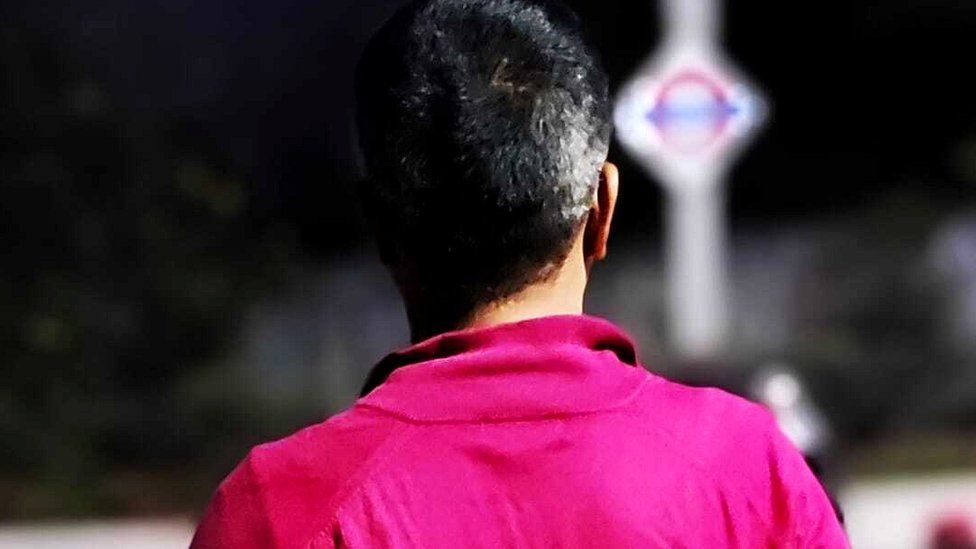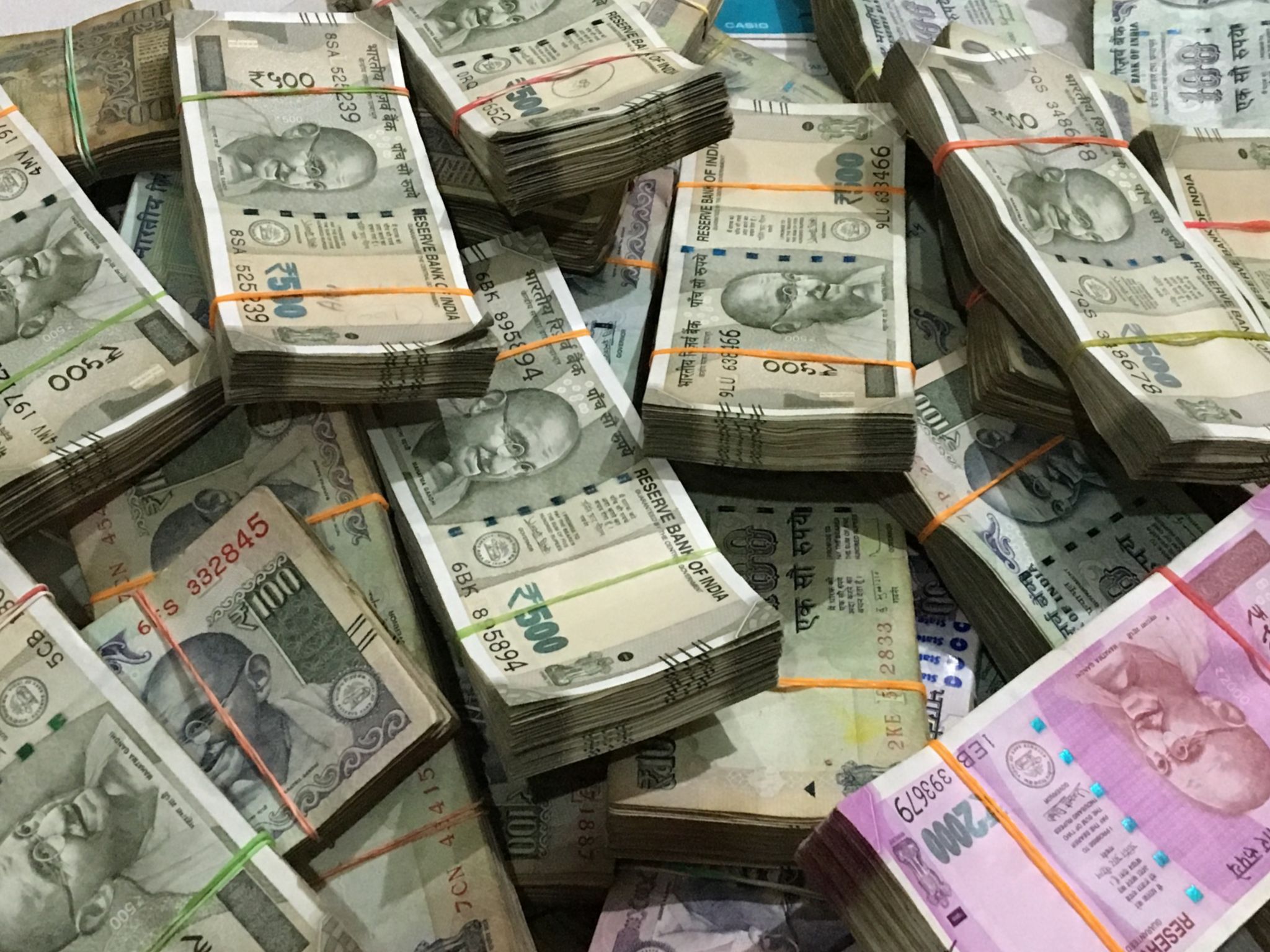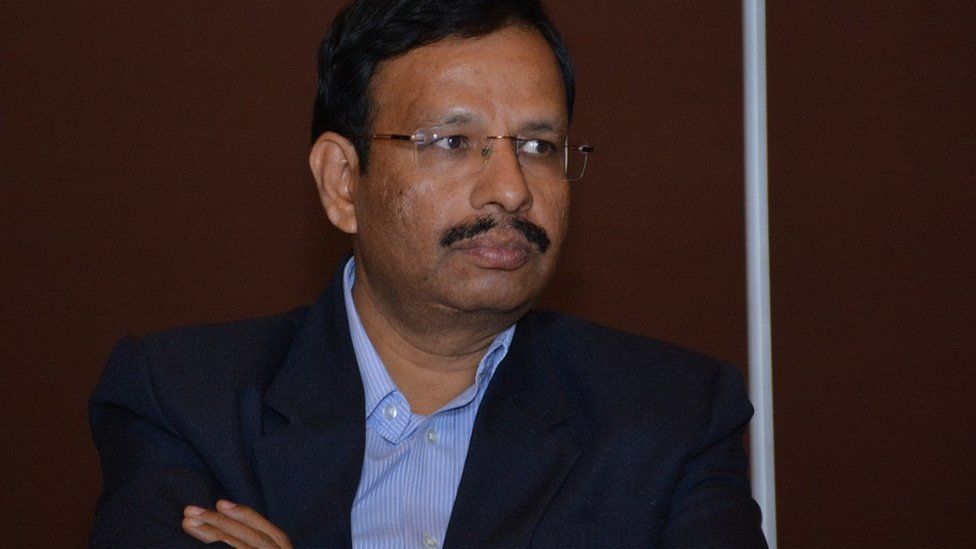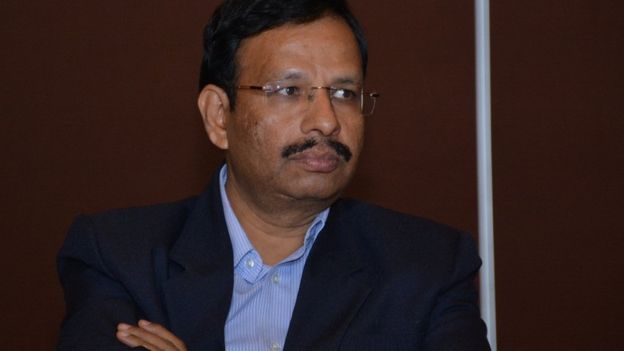
Direct-selling company QNET has been accused by India’s economic crime agency of duping, “a huge number of innocent investors”.
The BBC has been speaking to victims and campaigners against the scheme, who say QNET agents lured them in with promises they could make quick cash if they bought its products to sell on.
An Indian government agency, the Enforcement Directorate, said in a press release last week that people signing up to the scheme were not told that their money – supposedly the start-up costs of their own business – was being routed into shell companies.
The agency says it has frozen 36 bank accounts pending further investigation.
Multi-level marketing schemes (MLMs), offer people the chance to make money by buying their stock – anything from diet supplements to cleaning products – in bulk in order to sell it on.
But some schemes in reality make money by recruiting more and more sellers at the bottom of the ladder.
The profits made by people at the top come from the cash invested by sellers further down the scheme, not from external customers – a structure that means new recruits, contrary to what they’ve been promised, are almost guaranteed to lose out.
There are laws in India against these types of MLMs, but they have proven difficult to enforce.
Their structure creates a pressure to recruit more and more sellers to keep money coming in – and it seems to have driven some MLM agents to some extreme lengths.
Ria, from Hyderabad in South India, experienced these unorthodox tactics first-hand.
She was struggling to feed her family after her father’s shoe shop closed down at the end of 2019 when a message popped up in her Facebook inbox offering her a business opportunity from someone claiming to be a friend of her trusted school friend.
Once she had taken out a loan to enrol in the QNET scheme, though, selling products didn’t appear to her to be the goal of the business.

Instead, she was being asked to recruit more sellers – first from her family and friends, and then from social media and dating apps.
“They wanted me to write a list of all the people I know from my contact list. I asked why, then they immediately [said] if you want to sell the product you have to first build your network,” Ria explains.
It dawned or her that she had probably been a name on her school friend’s contact list.
“When he said ‘you should attract men’, that was the red flag for me. And I started questioning… Why should I be on Bumble? Why should I be on Tinder?,” she says.

Ria says she was also pressured to change her social media profiles – staging photoshoots with borrowed luxury goods she couldn’t really afford to give a misleading impression of her financial fortunes
“When you start wearing a Gucci bag, people definitely will start asking you like ‘what’s happening?’
“Then you can start a conversation saying see I joined a business where I’m getting huge profits.”
Ragh, an IT worker, was also subject to these tactics – and was encouraged to use them on others once he enrolled as a QNET agent.
“One person would have a watch, like a Tag Heuer watch or something? An expensive watch,” he explains.
“They asked me to take a picture with this watch displayed on my wrist.
“So now [people think] I have got a Tag Heuer watch or a Rolex watch.”
It was exactly what he’d seen on the Instagram account of the colleague who’d brought him in.
The shame of realising he’d been tricked, as well as losing his savings, drove Ragh to some dark places.
“I couldn’t eat food properly. I couldn’t talk to my own parents, my own siblings, my own close friends. I couldn’t talk to them, because I felt ashamed of what I did,” he says.
He says he was plagued by thoughts of taking his own life.
Some elements of the MLM have been described by experts as cult-like: large meetings (or Zoom calls during the pandemic) involving chanting mantras and dancing.
Members were reportedly encouraged to confide in the scheme’s agents over their own families, and treated harshly if they questioned the scheme or tried to leave.
Ria describes how, in a WhatsApp group with hundreds of people, more senior agents would single people out and berate them.
“[They] call out your name and say, you’re fit for nothing, just go die”.
She was left feeling paranoid, afraid and unable to work, sinking into a deep depression that took her a year to start coming out of.

BBC Trending
- In-depth reporting on social media and online culture. Listen to our podcast – from the BBC World Service.

Though Indian authorities have described QNET as a “Ponzi scheme” and attempted to bring cases against it, they remain unresolved.
And while the company has previously publicly denied the allegations, it did not respond when we asked them to comment on the accusations of money laundering and specific cases detailing the behaviour of some of their agents.
MLMs aren’t new, but the damage they can cause to people’s lives seems to have accelerated during the pandemic, Hyderabad-based police officer VC Sajjanar believes.

“Earlier they used to conduct physical meetings.
“Now, because of Covid, it has become all online and we can’t even know where the meeting is happening or who is conducting it – it’s a very, very closed group.
Ria says she dealt mostly with QNET agents through WhatsApp and Zoom calls, making it harder for her to check out the scheme’s legitimacy. And the tough financial spot she found herself in left her more quick to trust.
“They target people who are vulnerable, who are weak, who are already down,” Ria says.
“If you’re doing well in your life, if you’re earning well enough, and if you’re all settled, and you’re happy with what you have, nobody would reach out to you”.
Ria’s name has been changed to protect her identity
Listen to more on this story on the BBC World Service and subscribe to the BBC Trending podcast.
-
-
3 days ago
-
-
-
10 May 2022

-
-
-
27 December 2022

-

